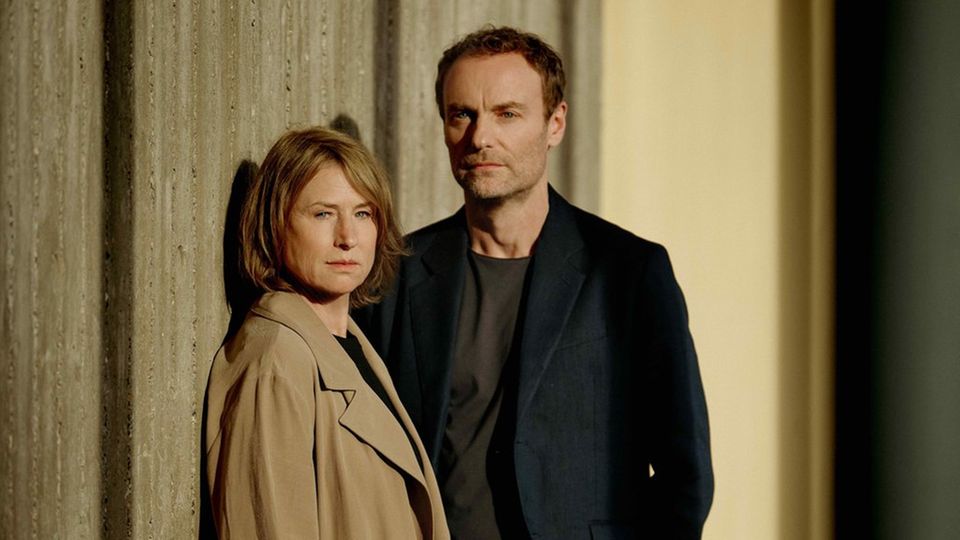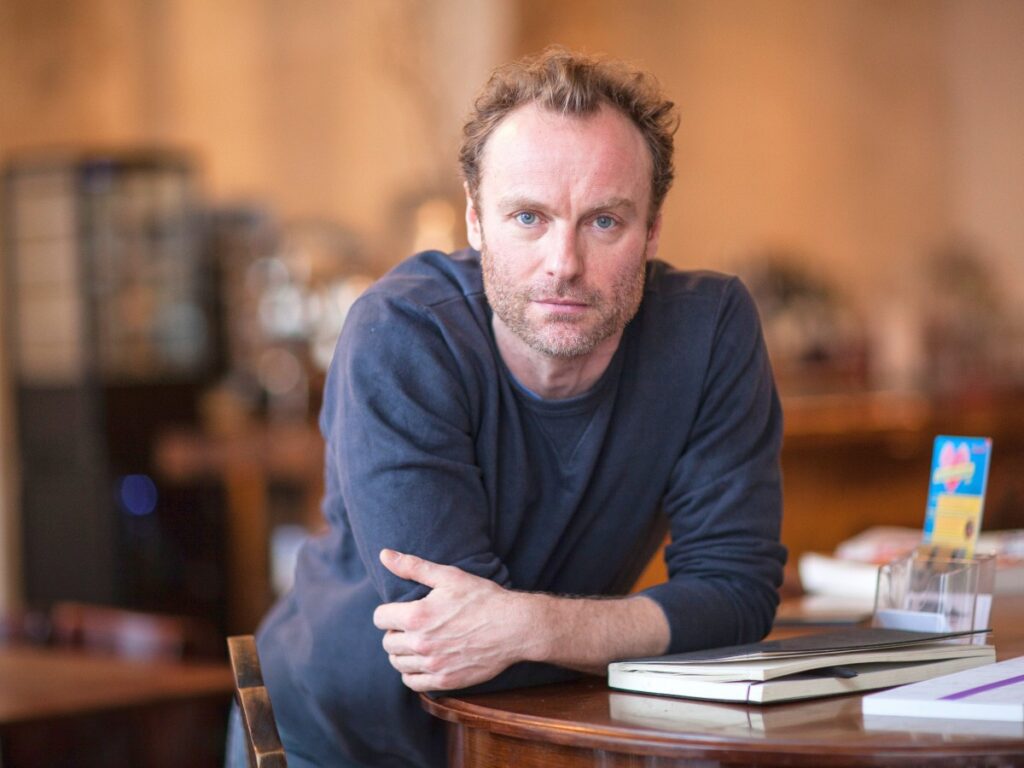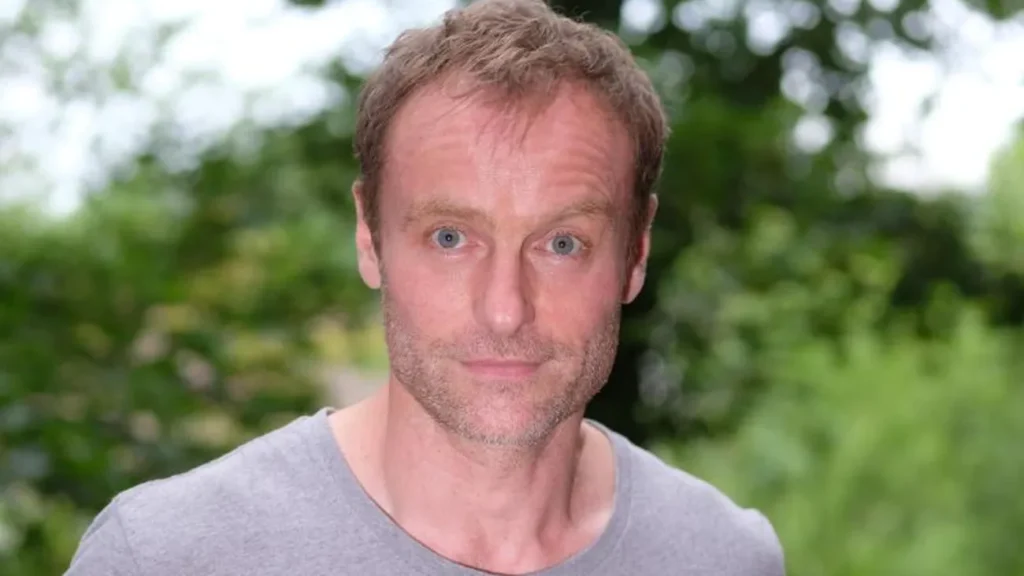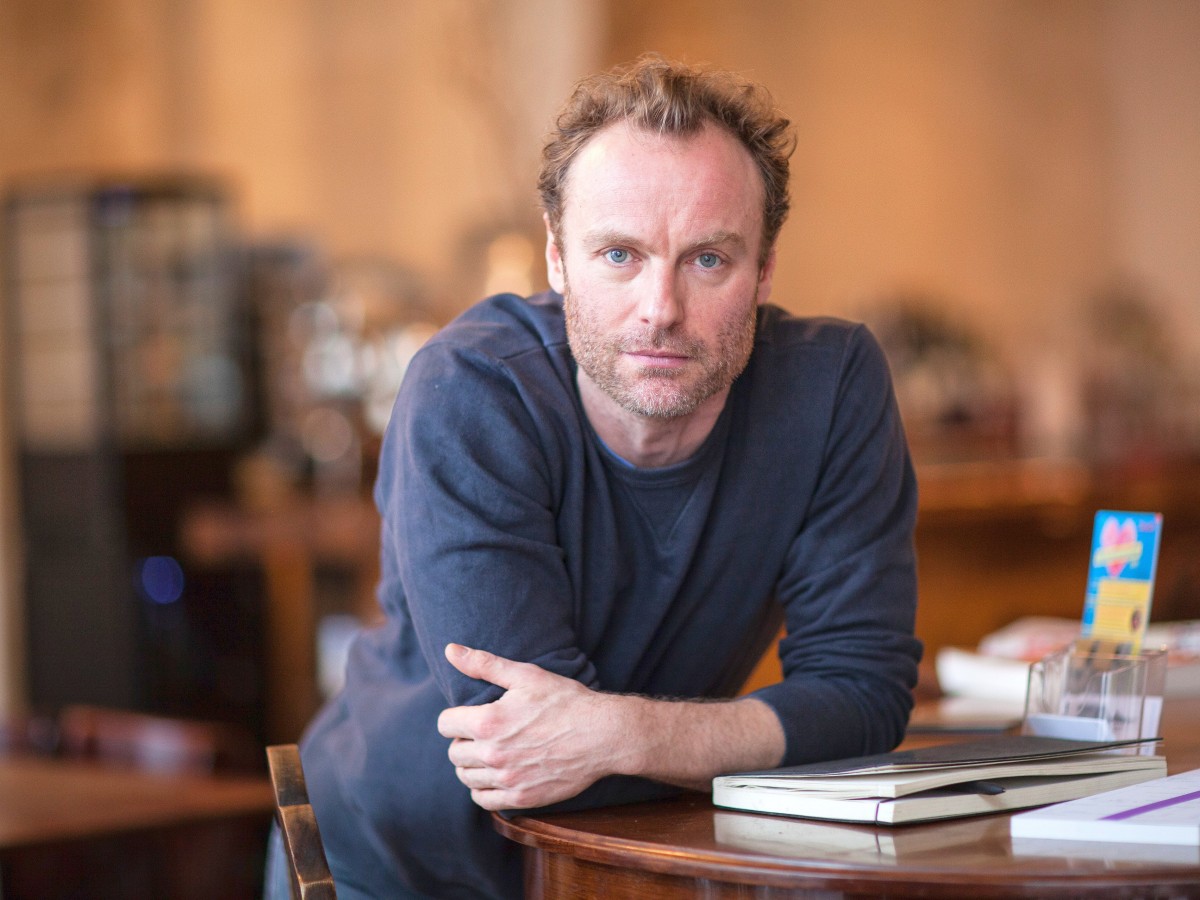
Mark Waschke Ehemann : Mark Waschke, an actor well-known to aficionados of the criminal genre for his portrayal as Berlin police chief inspector Robert Karow, is especially well-known in this part of the world. As an actor, Waschke has excelled once again with this performance. Fans and detractors of “Tatort” were not wrong when they called the.
Mark Waschke Ehemann > Not available
Commissioner a “puke,” “asshole,” and much more. Robert Karow, a former narcotics squad detective, is not a well-liked protagonist. His bravado and dubious character don’t help matters. No one can deny the fact that this produces tension between Karow and his coworker Nina Rubin. After speaking with “HRZU,” the actor elaborates.
“Our detectives deal with a lot of difficulties. The constellation’s greatest potential may be found in this area. Both detectives appear to be deeply conflicted and are viciously antagonistic to one another.” Fortunately, Waschke and Becker say in an interview with the “Berliner Morgenpost” that the situation is different in reality.
“Constantly stating, “It was amazing,” becomes old fast. For this reason, we engaged in some light-hearted teasing: it stinks, I can’t tolerate it “Meret Becker elaborated on the situation. “It was ironic, but nobody caught on to it. The question “was it really so bad?” is being asked by everyone who has heard about it “Waschke elaborates.
Mark Waschke’s personal life, including his marriage and other relationships: He and his family are Berlin residents. He doesn’t have a Facebook profile like Elyas M’Barek and Matthias Schweighöfer. He is now single. Apparently, his wife’s name is Filipa César. check out the IMDb for more info; When I was 17, I lived in a shared flat in West Germany.
We watched the wall come down on a black and white television that looked like it had been stolen from an East German charity store. While I welcomed the wall’s collapse, I was unprepared for this type of reconciliation. In the case of reunification, a new constitution would be created, as stipulated by the 1949 Basic Law.
To achieve this goal, however, would have necessitated that Westerners recognise the benefits of Eastern approaches to child care, women’s rights, and equal pay. But alas, no such luck. Don’t let the next 30 years go by without having the conversation about the Constitution that you should have had yesterday.
Considering the current state of affairs worldwide and in Europe specifically, it’s natural to question our ideals of communal living. When that happens, you might have to rethink national boundaries, if not physically. Despite the unpopularity of his role as Chief Inspector Robert Karow, Mark Waschke remains one of Germany’s most well-known “Tatort” performers.
Conflict with his coworker, played by Meret Becker, is inevitable given his sleazy demeanour and aggressive attitude. But despite this, the Berlin production of “Tatort” and its star Mark Waschke have become obsessions on German television. In many ways, Mark Waschke’s life narrative is not dissimilar to that of any other professional actor.
For professional reasons, he and his wife left their philosophy studies behind and relocated to Saarland, where he took up the study of High German. He then applied to and was accepted by Berlin’s esteemed Ernst Busch Academy of Dramatic Arts, where he got a full scholarship. When Waschke visited Berlin in 1991, he stayed there for a while.

He started college in philosophy after high school and volunteer work, but he never finished. [3] Waschke attended Berlin’s Ernst Busch Academy of Dramatic Arts for three years, from 1995 to 1999. The likes of Lars Eidinger, Fritzi Haberlandt, Nina Hoss, and Devid Striesow were also in his class. He was a member of the Schaubühne Berlin’s ensemble from 1999 till 2008.
Among the many theatres he has performed in are the Deutsches Theater Berlin, the Maxim-Gorki Theatre of Berlin, the Deutsches Schauspielhaus Hamburg, and the Cologne Theater. From 2002 to 2005, he gave monthly performances of improvised spoken word at Anja’s Rock’n’Roll High School in the defunct Berlin bar White Trash.
While starring opposite Anneke Kim Sarnau in Stefan Krohmer’s 2007 TV film Mitte 30, he portrayed the role of a disillusioned architect. Waschke played the title character of Thomas Buddenbrook in the 2008 film version of Heinrich Breloer’s Buddenbrooks. For his work in Juraj Herz’s film Habermann, Mark.
Waschke won the Bavarian Film Prize for Best Actor in 2009. Also in 2009, he played Frank Bergmann, who was abducted by villains in Matti Geschonneck’s two-part thriller. Waschke co-starred with Nina Hoss and Fritzi Haberlandt, two of his old classmates, in Hendrik Handloegten’s 2011 film Fenster zum Sommer.
He also starred in the film Schilf by Claudia Lehmann that same year. He co-starred with Nina Hoss once again in Christian Petzold’s film Barbara. He was given Saarbrücken’s Franz Hofer Prize in 2012. For his supporting performance in Brigitte Maria Bertele’s 2013 drama film Der Brand, he was awarded the German Actors Award.
To get about Berlin, where he is currently based, actor Mark Waschke frequently uses his bicycle. So, he pedals his foldable bike around the bend. Although Waschke never had a traditional BMX bike, he finds that his current mode of transportation—a spring-loaded folding bike—feels like a throwback to his carefree past. What is his best advice for bicycling in Berlin? Superior braking performance and bright headlights.
On Thursday, the Ruhr region native and current Berliner celebrates his half-century on earth. His family eventually relocated to Saarland, where he continued his acting career in the local children’s theatre. He moved to Berlin at the start of the 1990s, where he attended the Ernst Busch Academy of Dramatic Arts among prominent modern performers like Lars Eidinger and Fritzi Haberlandt, among others.

